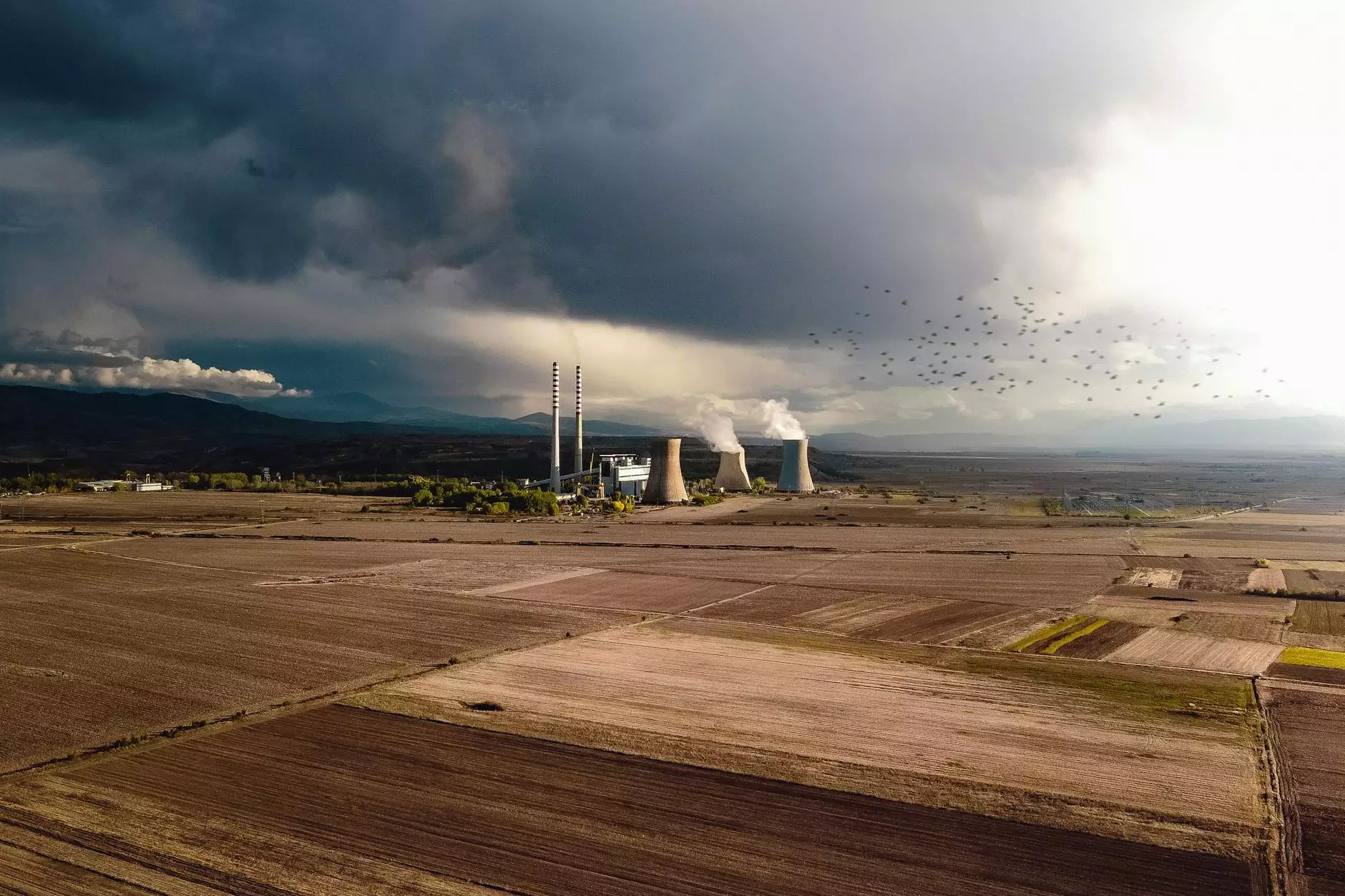The Comprehensive Analysis of the Pros and Cons of Nuclear Energy

Nuclear energy has long been a topic of debate due to its polarizing nature. Advocates argue that it provides a reliable, low-carbon energy source, while critics raise concerns about safety and environmental impact. In this article, we delve into the pros and cons of nuclear energy to help you understand the spectrum of viewpoints surrounding this controversial energy source.
Advantages of Nuclear Energy
Nuclear energy offers several key advantages that make it an attractive option for businesses looking to meet their energy needs:
- Low Carbon Emissions: Nuclear power plants produce minimal greenhouse gases, making them a cleaner alternative to fossil fuel-based energy sources.
- Reliable Power Generation: Nuclear plants can operate consistently at high capacity, providing a stable source of electricity even during peak demand periods.
- Energy Security: Nuclear energy reduces dependence on imported fuels, offering a more secure energy supply for businesses.
- Cost-Effective Over Time: While initial construction costs are high, nuclear power can be cost-effective in the long run due to stable fuel prices.
Disadvantages of Nuclear Energy
Despite its benefits, nuclear energy also comes with significant drawbacks that cannot be overlooked:
- Safety Risks: Nuclear accidents, such as Chernobyl and Fukushima, have highlighted the potential catastrophic consequences of mishaps at nuclear facilities.
- Radioactive Waste: The disposal of nuclear waste remains a major challenge, as it poses health and environmental risks for thousands of years.
- High Initial Costs: Building nuclear power plants requires substantial financial investments, which can deter businesses from pursuing this energy option.
- Public Opposition: Nuclear projects often face strong opposition from communities due to concerns about safety and nuclear proliferation.
Future Outlook of Nuclear Energy
As technology advances and safety protocols improve, the future of nuclear energy remains uncertain. Businesses must carefully weigh the pros and cons of nuclear energy to make informed decisions about their energy strategies. Ultimately, the choice between embracing nuclear power or opting for alternative sources will depend on various factors, including regulatory environment, cost considerations, and public acceptance.
Conclusion
While nuclear energy offers a range of benefits in terms of reliability and low emissions, it also presents significant challenges related to safety and waste management. Businesses seeking to incorporate nuclear power into their energy mix should carefully evaluate these pros and cons to determine whether the advantages outweigh the potential risks. By staying informed and considering all aspects of nuclear energy, businesses can make sustainable choices that align with their long-term energy goals.









